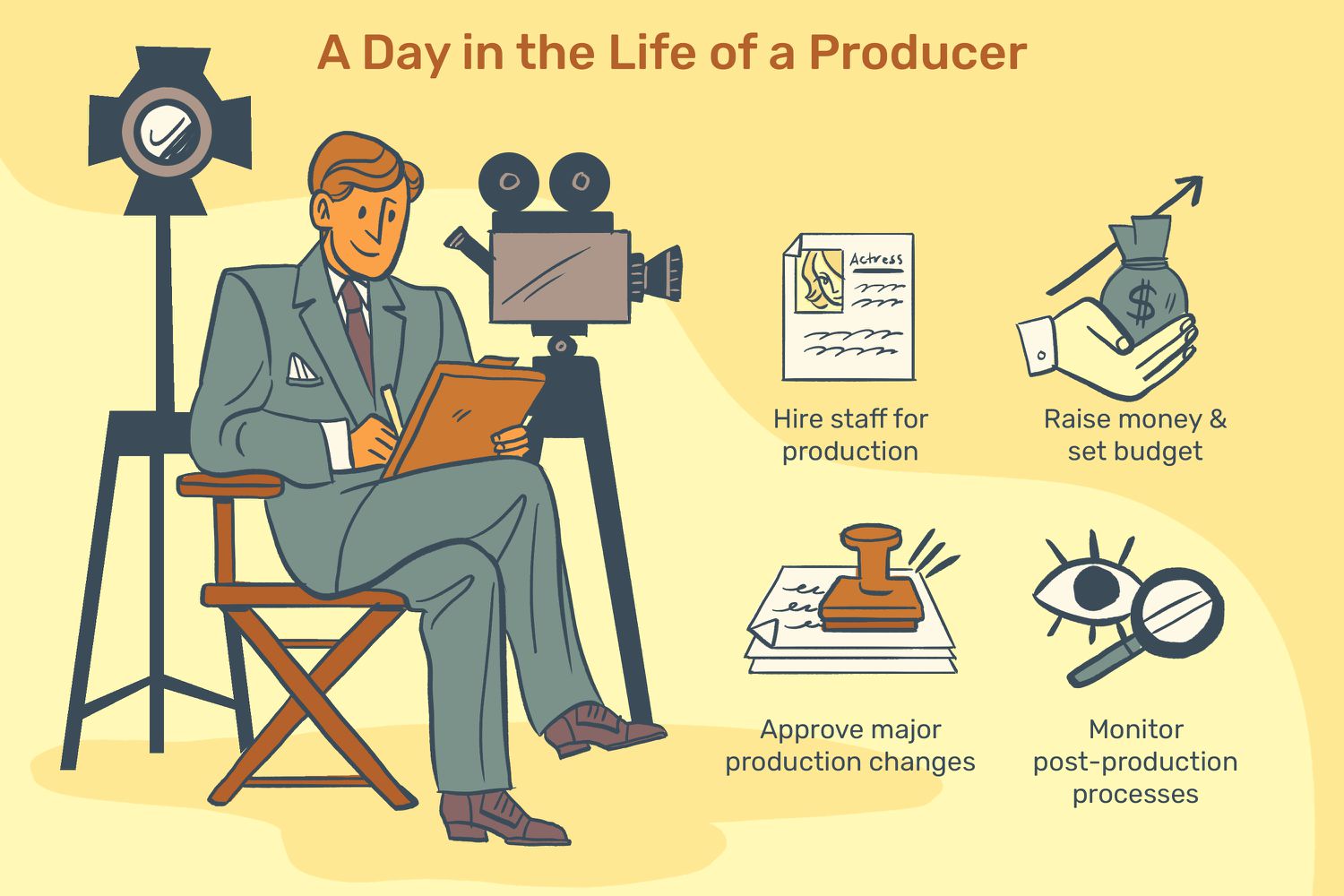
Introduction:
In the intricate world of filmmaking, producers are the unsung architects behind the scenes, responsible for transforming creative visions into tangible cinematic experiences. The producer’s role is multifaceted, encompassing financial acumen, strategic planning, and the ability to navigate the complex landscape of film production. In this blog post, we’ll delve into the essential responsibilities and skills that define the producer’s crucial role in the filmmaking process.
Project Development and Conceptualization:
- The producer is often involved from the earliest stages of a film project. Working closely with writers and directors, they contribute to project development, offering insights on marketability, audience appeal, and strategic planning to bring the creative vision to life.
Budgeting and Financial Management:
- One of the primary responsibilities of a producer is to manage the budget effectively. This involves creating realistic budget estimates, negotiating contracts, and overseeing financial aspects throughout the production process. A producer’s financial acumen is critical for the success of the film.
Fundraising and Financing:
- Producers play a pivotal role in securing funding for a film. This involves identifying potential investors, pitching the project to financiers, and negotiating deals. Whether through traditional financing, grants, or crowdfunding, producers must explore diverse avenues to secure the necessary resources.
Contract Negotiation and Legal Oversight:
- The producer is responsible for negotiating contracts with key personnel, including actors, directors, and crew members. They also oversee legal aspects, ensuring that the production complies with industry regulations and safeguards intellectual property rights.
Logistics and Scheduling:
- Managing the logistical aspects of a film production falls under the producer’s purview. This includes creating shooting schedules, coordinating travel arrangements, securing permits, and overseeing the day-to-day operations to ensure a smooth and efficient production process.
Hiring and Managing Crew:
- Producers are involved in assembling the production team. This involves hiring key personnel such as the director, cinematographer, production designer, and others. Additionally, producers oversee the crew, ensuring effective communication and collaboration among team members.
Risk Management:
- Filmmaking inherently involves risks, from unforeseen challenges on set to market uncertainties. Producers must assess potential risks and develop contingency plans to mitigate them. This strategic approach minimizes disruptions and contributes to the overall success of the project.
Distribution and Marketing Strategy:
- Producers are integral to the film’s distribution and marketing strategy. This involves collaborating with distributors, creating promotional materials, and strategizing the release plan. Producers work to maximize the film’s reach and impact in the market.
Relationship Building and Networking:
- Building relationships within the industry is a key aspect of a producer’s role. Networking with potential collaborators, investors, distributors, and industry professionals helps open doors and creates opportunities for future projects.
Creative Input and Decision-Making:
- While the director leads the creative vision, producers also contribute creatively. They provide input on script development, casting decisions, and overall project direction. Producers must strike a balance between creative collaboration and the practical considerations of production.
Post-Production Oversight:
- Producers remain involved in the post-production process, collaborating with editors, sound designers, and other post-production professionals. They ensure that the final edit aligns with the creative vision and meets industry standards.
Strategic Planning for Success:
- Beyond the individual tasks, producers engage in strategic planning for the film’s success. This involves market research, identifying target audiences, and making informed decisions to position the film competitively in the ever-evolving landscape of the film industry.
Conclusion:
The producer’s role in filmmaking is a dynamic and multifaceted journey that requires a blend of business acumen, strategic thinking, and creative collaboration. From project inception to distribution, producers navigate a complex landscape, ensuring that the creative vision aligns with financial realities. As true architects behind the scenes, producers play a vital role in bringing cinematic dreams to life, leaving an indelible mark on the world of filmmaking.





